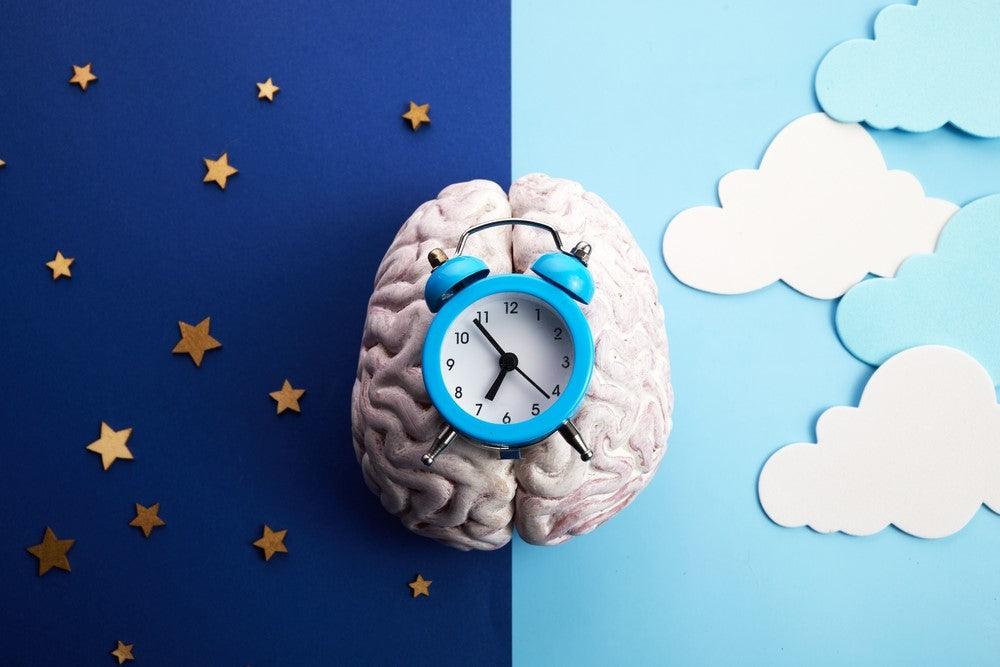
Where do dreams go when we wake up? How to try to remember them
One of the most intriguing aspects of sleep is the extraordinary dream experience that often surfaces in our minds and then disappears when we become conscious. However, it can be frustrating to wake up and find that those vivid dreams have escaped our memory and no longer be able to even tell them. In this article, we will explore why we forget dreams and share tips on how to improve our ability to remember them!

Why do we forget dreams?
The reason why we often forget our dreams is a combination of biological and psychological factors. During sleep, we go through different sleep cycles, each characterized by different phases, including the REM (Rapid Eye Movement) phase in which the most vivid dreams occur. When we wake up during a phase other than REM, the memories of dreams are less clear and quickly escape, leaving behind only sensations.
But why does it happen? In recent years, several studies have indicated sleep as the time of day when our brain does "order and cleanliness", removing unnecessary "data" and storing important information in the long term. In short, during dreams the brain actively forgets superfluous information and probably even the memory of the dreams themselves. But the modalities of this process remained to be understood. A group of Japanese and American scientists tried to investigate, discovering that a small group of cells in the hypothalamus, the neuronal area also responsible for controlling appetite, erase the memory. By studying the brain of mice, the experts realized that during the REM phase of sleep (the one in which, as mentioned, most dreams are produced) most of these cells called MCH are active. So the researchers "played" to turn off and activate these cells in different phases of sleep, studying their reactions. Well it emerged that by activating these neurons during the REM phase (but not during the other phases of sleep) the mice tended to lose the memory of newly acquired and not yet consolidated information. Conversely, turning off the MCH neurons in the REM phase the memory of the mice for the information just learned became much stronger. According to experts, these neurons are able to actively erase superfluous data from our brain and do it exclusively while we dream!

How to Try to Remember Dreams?
Although it is normal and almost inevitable to forget dreams, there are several techniques that you can use to improve your skill in remembering them:
- Mental Commitment: Before going to sleep, focus on the thought that when you wake up you will remember your dream. This can create a mental expectation that could be remembered as information during sleep and consequently come true by making it easier to remember.
- Diary of Dreams: Keep a dream diary next to your bed. As soon as you wake up, write down any snippet of dream you can remember. Even a single detail can trigger the memory of several parts of the dream that will concatenerate by generating cascading memories. In any case, training and getting the brain used to striving to remember the dream every morning is a great brain workout.
- Stay Immobile: When you wake up, stay motionless for a few minutes and try to recall the details of the dream. Often, moving too fast can cause the loss of memories because the brain is obliged to focus on your movements and lucidity rather than on recovering short-term memory.
- Capture the Emotions: Note not only the events of the dream, but also the emotions that you felt. Emotions are often easier to remember and can help you connect to parts of the dream. In fact, the only thing we remember about dreams are often the sensations: joy, sadness, nostalgia, but we have no idea what aroused them.
- Constant Practice: Remembering dreams requires practice and training. Although it may seem difficult or useless at first, with time you will improve your ability to remember them. Keep in mind that the brain is a muscle and as such it needs constant training!
Dreams are windows into the unconscious and can offer us a precious insight into ourselves, our emotions and our deepest desires. Although we often forget the details, we can learn to cultivate our ability to remember dreams using the techniques mentioned above. Remember, dreams are a fascinating and mysterious journey that can enrich our understanding of who we are or what we want even if unwittingly. In time and practice, we will be able to immerse ourselves in a dream world full of meaning and discovery!













Leave a comment
This site is protected by reCAPTCHA and the Google Privacy Policy and Terms of Service apply.